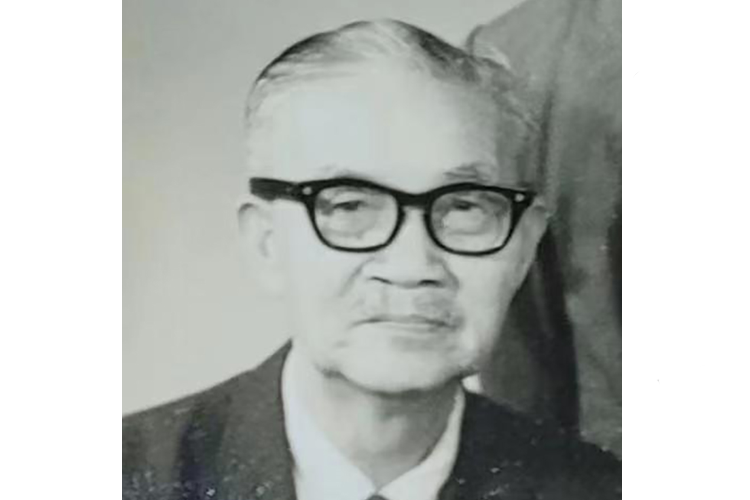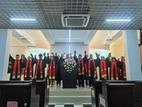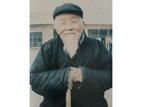Rev. Ouyang Hou (Shishi) was born in 1884 in Tatan Village, Chengxi Town, Longxi (presently known as Longhai District, Zhangzhou City, Fujian Province), into a family of five children, who were raised alone by his mother after his father's early demise. Being the youngest child, at the age of six or seven, Ouyang began to collect pig manure in the village and sell it daily to provide for the family. He was malnourished and physically frail. Moreover, residents of the village ridiculed him for having a congenital cleft lip, while wealthy kids in the area frequently subjected him to beatings and bullying. Later, he was lured away from Tatan village by an older opium addict, forced to beg during the day and sleep at the gate of the village at night when he wandered to Zhangpu and other places.
While wandering and dressed in rags, he stumbled upon the Xinluwei Church at the Xinluwei of Zhangpu, where he attended sermons and sang hymns every Sunday, attracting the attention of Rev. Wu Ju. With the help of Rev. Wu, Ouyang secured admission to the Fengyuan (not sure) School that the church held and completed his studies. Upon recommendation from the same church, he went to study at the Shanghai Theological Seminary, where he met Huang Debi, who hailed from Changqiao, Zhangpu, and became his best friend. Huang Debi introduced Huang Side, his eldest brother’s oldest daughter, to Ouyang Hou, who eventually married her.
In 1929, Ouyang Hou commenced serving at the Shima Church, becoming a director of the Christian and Missionary Alliance (not sure) of the Southern Fujian Synod of the Church of Christ in China while also serving as a director of the Christian Weekly. He founded a church school with short semesters, personally supervising its operations to encourage people to read the Bible using a textbook with the Roman alphabet. He aimed to help his students "ascend from knowing the alphabet to knowing the truth."
Moreover, Reverend Ouyang Hou attached great importance to the evangelical propaganda work and went on to establish the Shima Church Information Record. Additionally, he personally authored several historical records of the church and biographical articles on prominent pastors. In 1945, Hou was appointed as the chairman of the Minnan Theological Seminary. Afterward, he pursued his ministry in Malaysia from 1949 until he passed away peacefully in 1966.
On June 12th of this year, a male believer named Ouyang Shenci, who is the eldest son of a local pastor, Ouyang Jianyou, narrated about his father. Shenci described, "Rev. Ouyang Hou is a benefactor of our family and a diligent servant of the Lord."
Jianyou's father passed away early in his life, which left his mother as a young widow with four children to provide for. Unfortunately, those in the village had a tendency to bully widows. It was at this juncture that Rev. Ouyang Hou paid a visit to their dilapidated home. Witnessing the family's wretched condition, he brought Jianyou back with him to Shima the following day where Jianyou was granted the opportunity to study free of charge at Minli Primary School, which was administered by Shima Church. Later, he was also supported to complete his junior high school education free of charge at Zhangzhou Talmadge College. After graduating from middle school in early 1939, Jianyou progressed to study at Minnan Theological Seminary. Upon completion of his theological studies in 1941, he returned to Tatan, his hometown, and initiated the task of preaching and constructing a church. Subsequently, he established Baotan Primary School, wherein he served as the principal. Thereafter, he commenced to teach by day and preach by night.
At the time of the foundation of the People's Republic of China, Ouyang Hou had planned to bring Rev. Jianyou with him as he pursued his ministry in Malaysia. However, given that there was no pastor left behind to pastor the local church and also that Jianyou had many young children, he opted against taking him. Jianyou continued to serve as a loyal servant of the Lord until his unfortunate passing in 1968.
- Translated by Nicolas Cao












